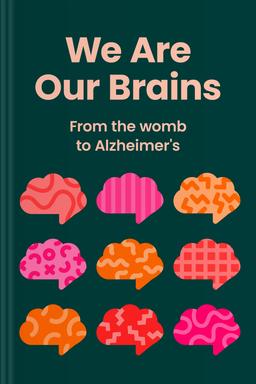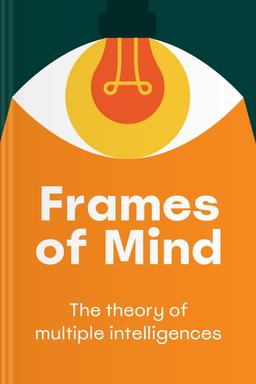What is How Dogs Love Us about?
This book explores the unique bond between humans and dogs through the lens of neuroscience. Combining personal anecdotes with scientific research, a neuroscientist reveals how dogs perceive the world and their emotions. By using advanced imaging technology, the narrative uncovers insights into canine cognition, demonstrating the depth of love and connection shared between species and how our furry companions understand and respond to human feelings.
Who should read How Dogs Love Us
- Dog lovers interested in canine psychology.
- Pet owners seeking deeper connections with their dogs.
- Neuroscience enthusiasts curious about animal behavior.
What is Why We Sleep about?
This enlightening book explores the profound impact of sleep on our health, productivity, and emotional well-being. It delves into the science of sleep, revealing how insufficient rest affects our cognitive functions and long-term health. The authors discuss practical strategies to improve sleep quality and emphasize the importance of dreaming in enhancing creativity and problem-solving. Through fascinating studies, it highlights sleep as a vital component of a balanced life.
Who should read Why We Sleep
- Sleep-deprived individuals seeking better rest.
- Students looking to improve academic performance through sleep.
- Health enthusiasts interested in wellness and longevity.
What is You, Happier about?
This insightful guide explores the connection between neuroscience and happiness, offering practical strategies tailored to different brain types. It presents seven science-backed secrets that empower readers to enhance their mood, boost mental health, and cultivate a more positive outlook. By understanding how unique brain wiring influences emotions, the book equips individuals with tools to foster lasting joy and fulfillment in their lives.
Who should read You, Happier
- Self-help enthusiasts seeking scientific insights
- Individuals interested in neuroscience and mental wellness
- Readers looking to enhance happiness based on brain types
What is We Are Our Brains about?
This book explores the intricate relationship between the human brain and behavior throughout life's stages, from infancy to old age. It examines how our biological makeup influences emotions, memory, and health, delving into the profound impact of neurobiology on individual identity. The narrative also addresses the onset of diseases like Alzheimer’s, offering insights into prevention and the future of brain health, ultimately highlighting the significance of understanding our brain's role in shaping who we are.
Who should read We Are Our Brains
- Neuroscience enthusiasts seeking insight into brain development.
- Health professionals interested in Alzheimer's research advancements.
- Parents wanting to understand brain influence from infancy.
What is Frames of Mind about?
This groundbreaking work introduces the theory of multiple intelligences, proposing that intelligence is not a single entity but a collection of diverse cognitive abilities. Dr. Gardner explores various forms of intelligence, including linguistic, logical-mathematical, musical, and interpersonal, challenging traditional educational practices. The book emphasizes the importance of recognizing and nurturing each individual's unique strengths, shaping a more inclusive understanding of human potential and learning.
Who should read Frames of Mind
- Educators seeking innovative teaching methods.
- Parents wanting to understand their child's unique abilities.
- Psychologists and researchers studying intelligence variations.




